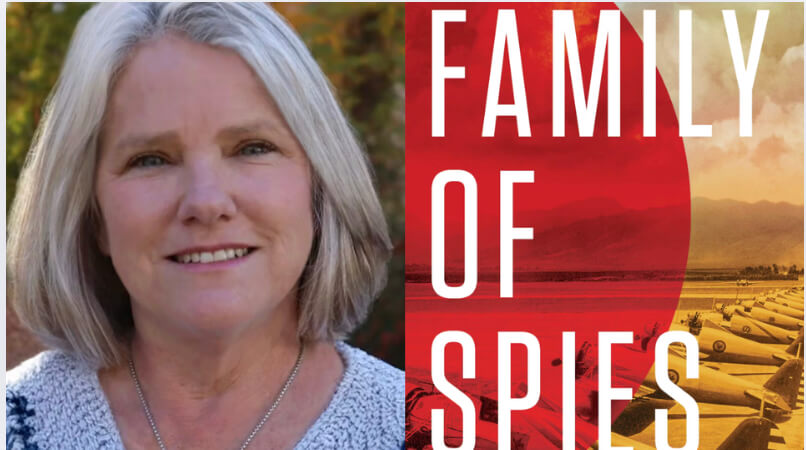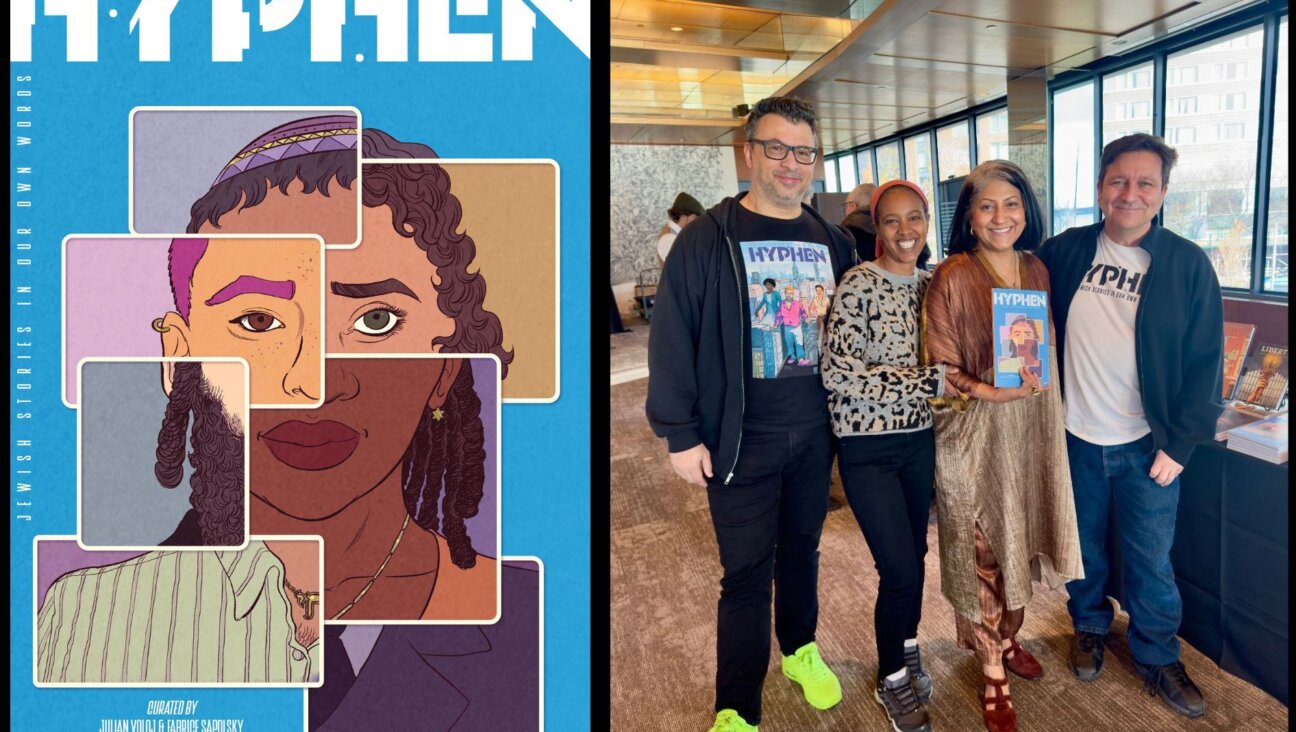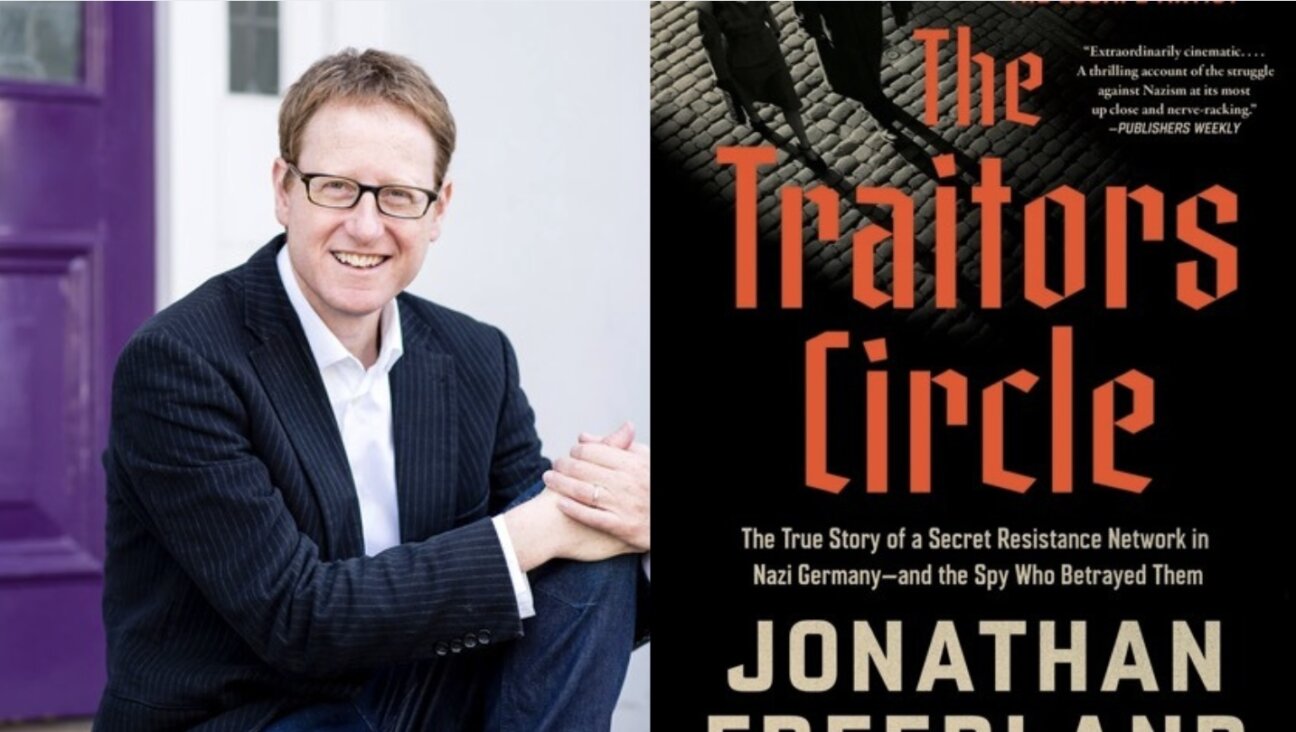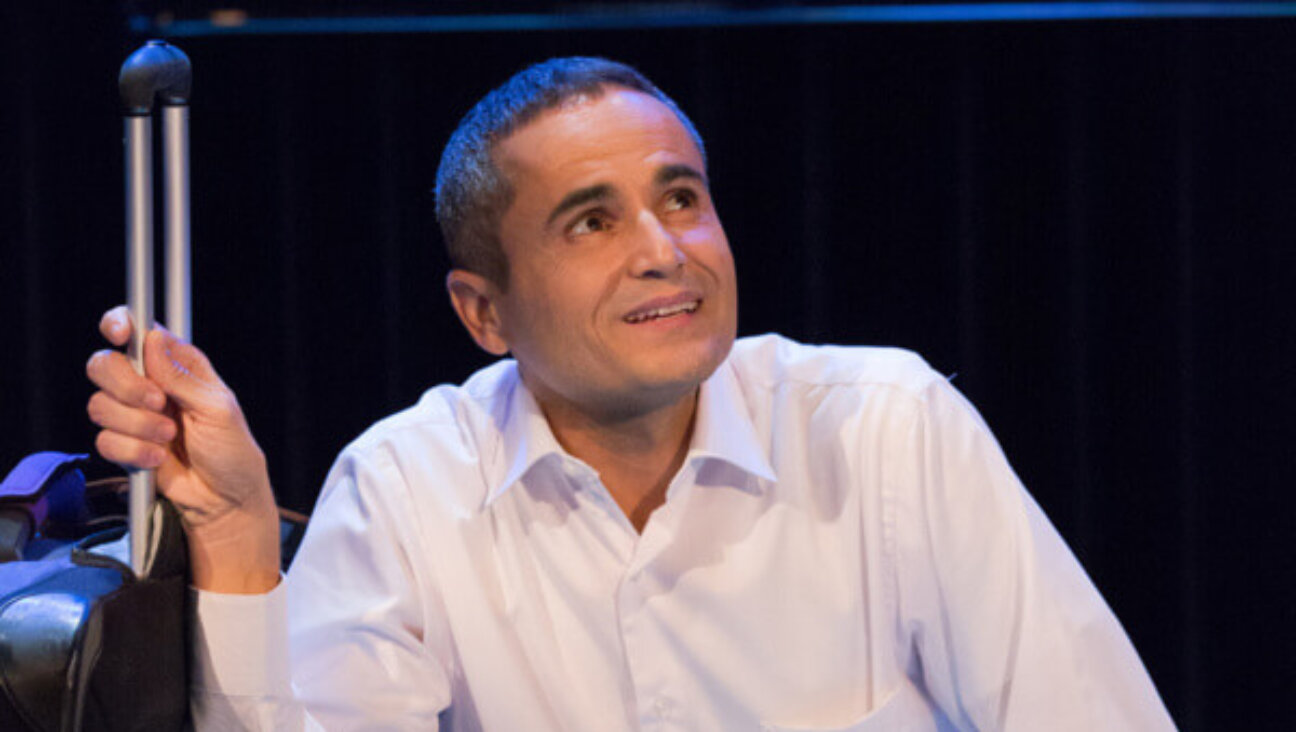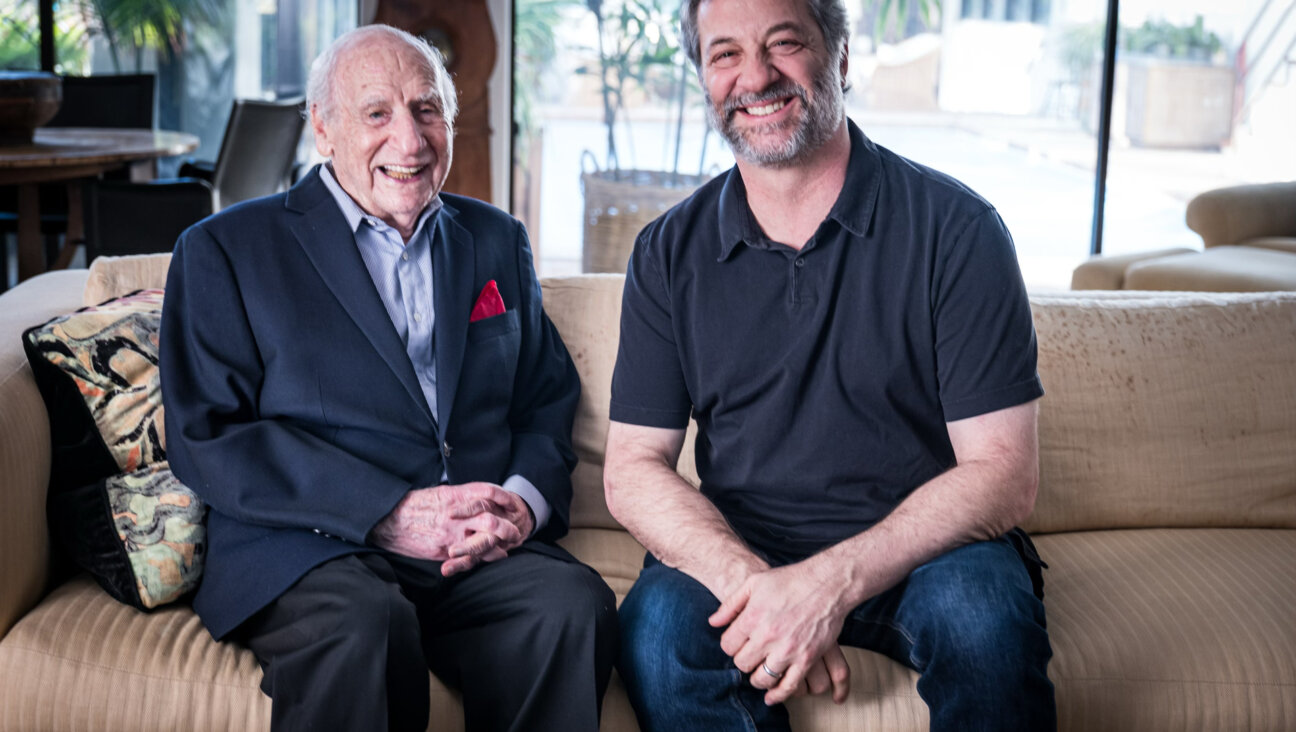The Historian’s Challenge, Part 2

Graphic by Angelie Zaslavsky
On Tuesday, Gerald Sorin wrote about ambivalence toward the genre of biography. Today, he considers the question: Can the biographer or their readers really know the subject fully? His blog posts are featured on The Arty Semite courtesy of the Jewish Book Council and My Jewish Learning’s Author Blog Series. For more information on the series, please visit:
Can biographers really know their subjects fully? Was Mark Twain right when he said that “a man’s real life is led in his head, and is known to none but himself?” And what about Freud who went even further: “Whoever turns biographer commits himself to lies, to concealment, to hypocrisy, to embellishment, and even to dissembling his own lack of understanding, for biographical truth is not to be had.”
Well, if biographical truth is not to be had, if a self is actually unknowable, can we at least analyze the work of the artist or the writer or the activist as a clue to the meaning of the life? Here a biographer is challenged by the postmodernists or deconstructionists who argue for “the death of the author,” and who see texts and even behavior as totally independent entities, neither of which tells us anything about their human creators. Not surprisingly, I take a somewhat different position. I acknowledge the existence of authors. Of course, the writing of any particular author may not be — and very often is not — autobiographical. Indeed, biographers, or general readers for that matter, who concentrate on ferreting out the self-referential, often miss the satisfaction of immersing themselves in the creative imagination of the writer. In any case, for me, authors are neither absent nor entirely inscrutable. Why otherwise would I have undertaken a biography of so prolific a writer as Fast, whose early writings seemed to have moved an entire generation of Jews in the direction of political liberalism, or of Irving Howe, who in his literary criticism and teaching fought fiercely against the “death of the author” school?
Of course, all of us remain partially hidden and variegated, and in cases like Howe or Fast, perhaps even more complexly so. In writing about these men then, I make no claim to definitiveness nor do I use a narrative strategy that projects a unified persona. Fast, for example, presents a case of extraordinary social mobility, a man who became wealthy writing more than 150 stories, 20 screenplays, and nearly 100 books, several selling in the tens of millions of copies; but he also forever carried within himself characteristics and memories of having been a poor street urchin. Moreover, Fast was not only a writer, but a brother, father, husband, son of immigrants, a Jew, a Communist, an “unfriendly witness,” a prisoner, and a Hollywood personality.
Many selves, many roles – several of which led Fast into inconsistency and even apparent contradiction. Still, the historian as biographer, at least this one, believes that human beings are not just a Babel of voices, and that there are such things as individuals who are knowable, at least in part. Even playwright Samuel Beckett, the prince of obscurity and ambiguity, eventually wrote, “In the place where I have always found myself… it is no longer wholly dark or wholly silent.”
Gerald Sorin’s most recent book, “Howard Fast: Life and Literature in the Left Lane,” is now available. Sorin won the 2003 National Jewish Book Award in History for I“Irving Howe: A Life of Passionate Dissent.”
The Jewish Book Council is a not-for-profit organization devoted to the reading, writing and publishing of Jewish literature. For more Jewish literary blog posts, reviews of Jewish books and book club resources, and to learn about awards and conferences, please visit www.jewishbookcouncil.org.
MyJewishLearning.com is the leading transdenominational website of Jewish information and education. Visit My Jewish Learning for thousands of articles on Judaism, Jewish holidays, Jewish history and more.

